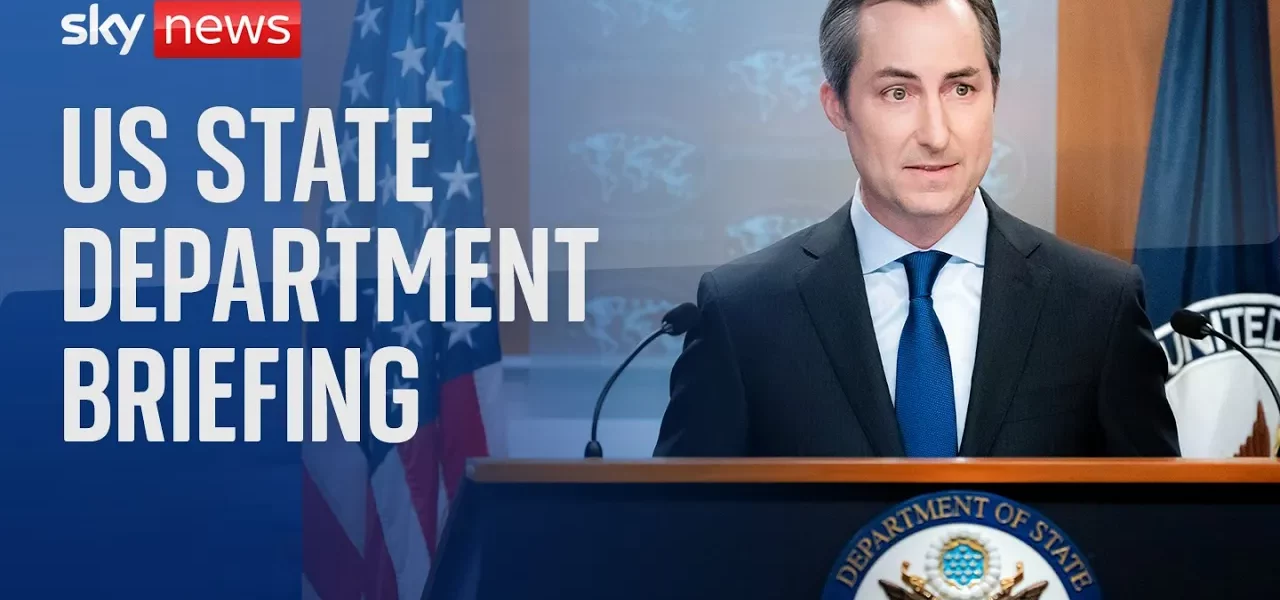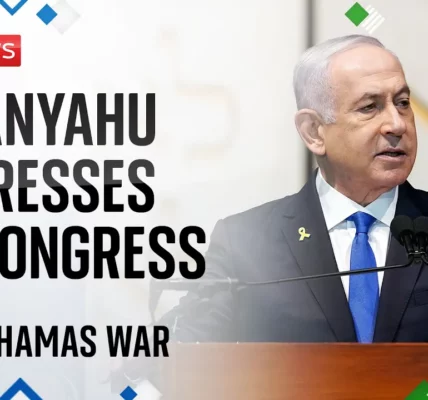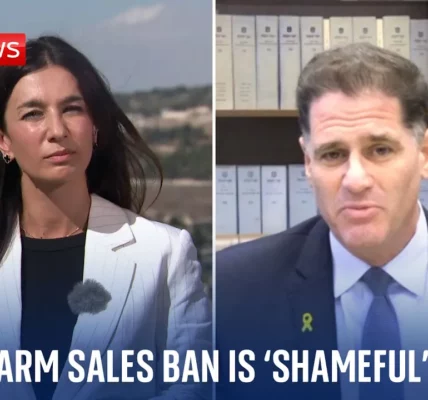US Diplomatic Efforts and Military Operations in the Middle East

This article provides a comprehensive overview of the recent diplomatic engagements and military operations in the Middle East involving the United States, Israel, and Hezbollah. It highlights key discussions, ongoing military actions, and the pursuit of a diplomatic resolution to the escalating tensions in the region.
Introduction
The geopolitical landscape of the Middle East has always been complex, with various nations and non-state actors vying for power and influence. Recently, the United States has intensified its diplomatic efforts alongside ongoing military operations by Israel against Hezbollah. This article delves into the recent communications between US Secretary of State and his counterparts, Israel’s military strategies, and the broader implications for regional stability. With the backdrop of rising tensions and violence, understanding these developments is crucial for anyone interested in international relations and Middle Eastern affairs.
Recent Diplomatic Engagements
Over the past weekend, the Secretary of State engaged in extensive discussions with various foreign ministers to address the situation unfolding in the Middle East. These discussions are part of a broader strategy to de-escalate tensions and seek a diplomatic resolution to the ongoing conflicts.
Conversations with Key International Leaders
- Communication with the French Foreign Minister regarding joint efforts to stabilize the region.
- Ongoing talks with the UK Foreign Minister focused on collaborative strategies for conflict resolution.
- Engagements with other key players, including officials from Kuwait and other nations, to foster a united diplomatic front.
Strategic Goals of the US
The primary objectives of these diplomatic efforts include:
- Supporting Israel’s right to defend itself against terrorism.
- Advocating for a long-term diplomatic resolution that ensures security for Israel, Lebanon, and the Palestinian territories.
- Encouraging regional cooperation and dialogue to prevent further escalation of hostilities.
Military Operations and Strategic Responses
As the diplomatic conversations unfold, Israel has continued its military operations against Hezbollah. The nature and scope of these operations have raised questions about the balance between military action and the pursuit of peace.
Israel’s Military Strategy
Israel’s military actions have been characterized as targeted operations aimed at degrading Hezbollah’s capabilities. Key aspects include:
- Focus on Hezbollah’s infrastructure near the Israeli-Lebanese border.
- Engagement in limited ground operations as a response to ongoing rocket attacks initiated by Hezbollah.
- Continuous updates and communications with US officials about operational objectives and outcomes.
Impact of Military Pressure on Diplomacy
The US has acknowledged that while military pressure can sometimes facilitate diplomatic resolutions, it also carries risks of miscalculation and unintended consequences. This duality poses a significant challenge for US foreign policy:
- Military actions must be carefully calibrated to avoid civilian casualties and broader regional destabilization.
- Diplomatic efforts must continue in parallel to provide a framework for peace that addresses the needs and concerns of all parties involved.
Calls for Ceasefire and Diplomatic Resolution
In light of the escalating violence, there have been calls from various international entities for a ceasefire to enable humanitarian assistance and pave the way for negotiations. The US has positioned itself as a facilitator in these discussions.
Ceasefire Proposals and Conditions
The US has proposed a 21-day ceasefire, emphasizing that a ceasefire should require mutual agreement from both parties:
- A ceasefire is not merely a unilateral cessation of hostilities but requires coordinated efforts to halt attacks from both sides.
- The objective is to create a conducive environment for meaningful negotiations aimed at long-term peace.
Challenges in Achieving a Ceasefire
Despite the calls for a ceasefire, significant challenges remain:
- Hezbollah’s ongoing commitment to military action against Israel complicates the peace efforts.
- The need for sustained international pressure to ensure compliance from all factions involved.
- Potential for escalating violence, which could undermine diplomatic efforts and lead to further casualties.
Conclusion
In conclusion, the current situation in the Middle East is marked by a complex interplay of military action and diplomatic initiatives. The US continues to support Israel’s right to defend itself while advocating for a diplomatic resolution that ensures the safety and security of all parties involved. The ongoing conversations with international leaders are crucial in shaping the response to the unfolding crisis. It is imperative that all stakeholders work towards a peaceful resolution to prevent further loss of life and promote stability in the region. For more information on related topics, explore our articles on diplomatic strategies and military operations.
“`




